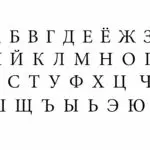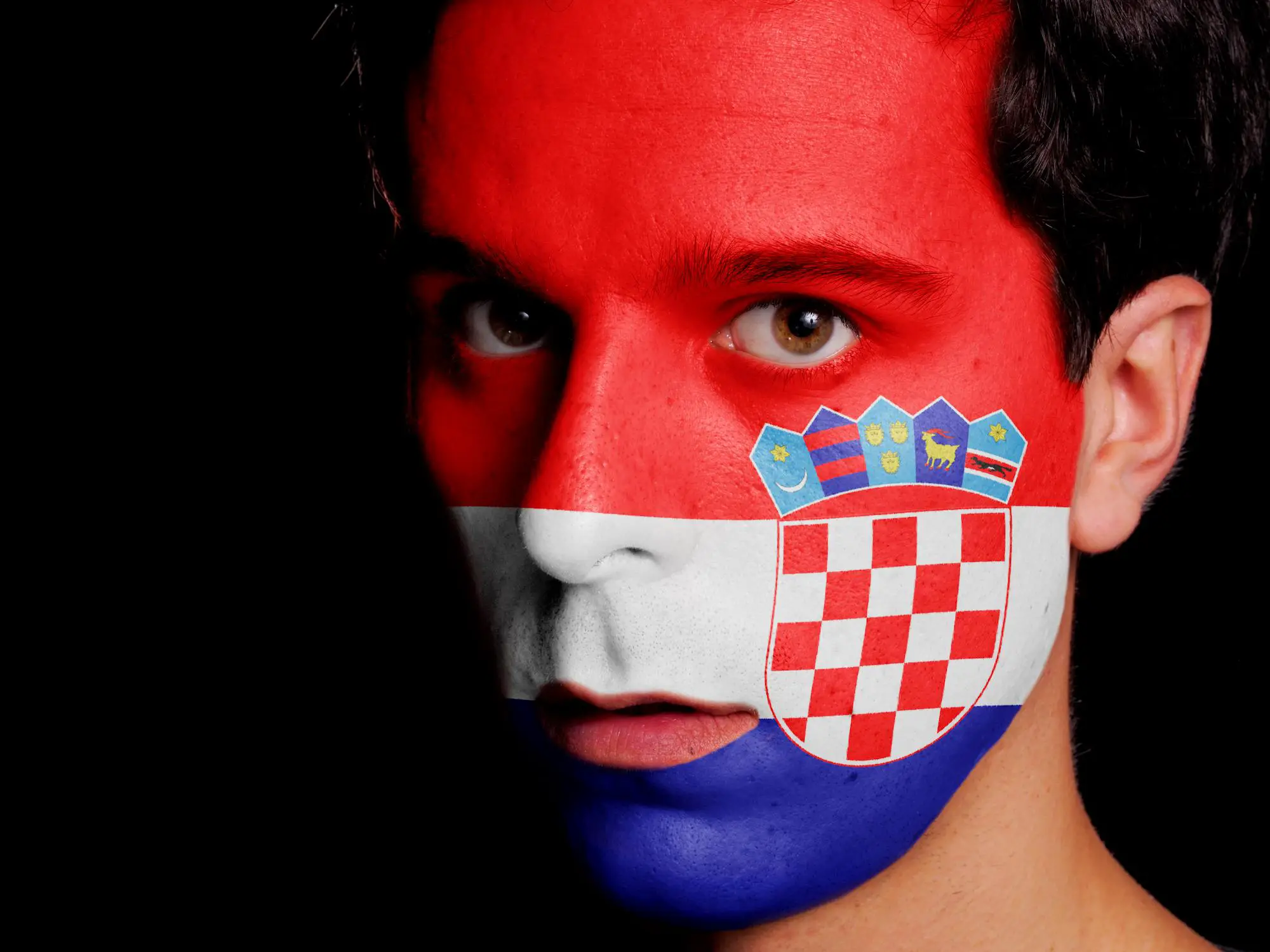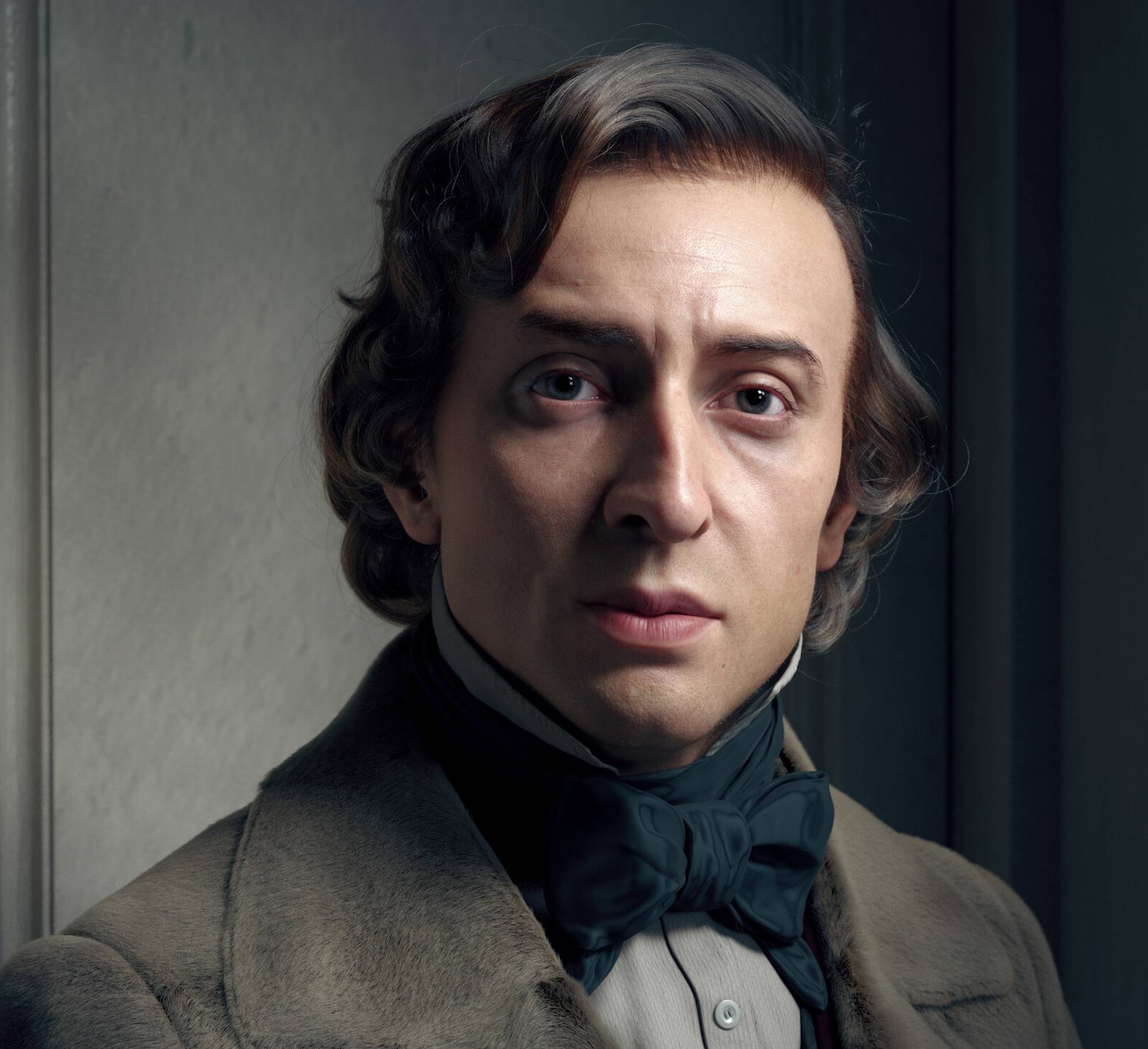If you look up the Czech Republic, you will find out that it’s a country in Europe that has been in existence since 1989, but the truth is, the country and especially the Czech people have a long history that dates way back before its independence.
The Czech Republic is located right at the heart of Europe, a position which made them involved in some of the most significant events on the continent in the past millennium.
From revolutions and wars, all the way to literature and art movements which have helped shape the world in which we live today.
There’s a lot more to Czechs than just beer, castles, and Communist history.
There have been notable Czech individuals who have made significant contributions to science, the film industry, literature, ice hockey and other fields – some of them have even won the Nobel prize for their efforts!
Here, we’ll talk about famous people from Czechia, what they did, how they made the world a better place, and why you should consider visiting the Czech Republic in the near future!
Table of Contents
Famous Czech People
1. Bedrich Smetana
Considered by many to be the founder of modern Czech national music, Bedrich Smetana is also one of the best-known composers in the world.
The Bartered Bride [1] is considered to be his magnum opus, but his legacy lies in inspiring and influencing many future Czech composers – pioneering the establishment of Czech musical uniqueness which goes on to this very day.
You can find more about him and his life’s work in the Bedrich Smetana Museum in Prague.
2. Antonín Dvorak
Known for being extremely prolific, Antonin Dvorak was a Czech composer also known for creating a wide variety of musical pieces which include operas, chorals, symphonies, and chamber music.
His talent was evident ever since he was a child. He took his initial steps into the world of music at the age of six, taking music classes in his village.
After moving on from playing instruments to composing, he premiered some of his works to crowds in England and Russia, to great commercial and critical success, and the rest, as they say, is history.
3. Karel Čapek
One of the world’s most famous writers, Karel Chapek and his brother, Josef, are famous for coining the word ‘robot’, which Karel first used in his science fiction play – Rossum’s Universal Robots [2].
What made the Czech writer stand out among the plethora of science fiction authors, was his sharp humor and commentary about dictatorship and corruption.
Most of his best work was done while communism and fascism were dawning over Europe and free speech and expression were under threat.
Čapek was nominated for the Nobel Prize for Literature a few times but never managed to win it.
4. Ivan Lendl
One of the finest tennis players of his generation, Ivan Lendl is best known for being on top of the ATP list for 270 weeks. He is also considered by most tennis lovers as one the greatest tennis player of all time.
After finishing his playing career, he went on to become a tennis coach, with prominent players such as Andy Murray and Alexander Zverev among the many that have been under his tutelage.
Aside from his tennis exploits, he’s also known as a big fan and an avid collector of paintings by Alfons Mucha.
5. Gregor Johann Mendel
Born in 1822 in the Hyncice, Austrian Empire (now the Czech Republic), Gregor Johann Mendel was a meteorologist, scientist, and mathematician.
In the world of science, he’s seen as the father of modern science and genetics.
Mendel’s work and studies have given us Mendel’s Laws [3], the three laws of inheritance, that represent the foundation on which the field of genetics and heredity studies are built upon.
This Czech first introduced the terms ‘dominant’ and ‘recessive’ to describe gene characteristics, which are still used to this very day.
6. Franz Kafka
One of the world’s most famous writers, Franz Kafka, was born in Prague, Bohemia (the most western part of the Czech Republic).
He’s all over t-shirts, graffiti, murals, and a number of tourist memorabilia and attractions.
The fame of this Czech writer is all down to his lawyer, Max Brod, who refused to fulfill one of Kafka’s wills in his testament: destroy all of his works. Max published it, but it wasn’t until after WW2 that Kafka’s work got any recognition.
His unique writing style coupled with the influence of existentialism in his works (like The Metamorphosis and The Trial) influenced some of the greatest artists such as G.G. Marquez, or film director Federico Fellini, and many others.
Along with Milan Kundera, he’s considered the most well-known Czech writer of all time.
7. Milan Kundera
One of the best contemporary writers in the world, Czech-born writer Milan Kundera has produced some of the best literary pieces of the 20th century.
His The Unbearable Lightness of Being is his best-known piece, but Immortality and others have also gained the acclaim of both readers and critics.
Kundera has been in exile since 1975, settling into France and becoming a French citizen, all the while refusing to translate his work into the Czech language, stating that he’s the only person worthy of translating them into his mother tongue (he wrote them in French).
Most of Kundera’s work is centered around freedom and responsibility, in the man, and in the world around him.
8. Alfons Mucha
Czech painter Alphonse Mucha is known as one of the most famous painters of the late 19th and 20th century.
Considered to be one of the founders of the Art Nouveau movement, he believed that art should become a part of everyday life [4].
This philosophy translated into his works, where he tried to erase the line between applied and fine art, which is why both poor and rich people could buy his pieces, making his work well known and recognizable all around Europe.
9. Miloš Forman
Miloš Forman is one of the most prominent film directors of the 20th century. Thanks to the film One Flew Over the Cuckoo’s Nest, he established himself as a top-notch film director.
One of his first movies was a critique of the Czechoslovak communist.
Because of it, the movie was banned, after which Miloš Forman left for the United States, where he achieved both financial and critical acclaim for his works in the movie industry.
Miloš Forman has won two Academy Awards for Best Director.
10. Ivana Trump
The first wife of former US President Donald Trump, Ivana Trump was born in Czechoslovakia in 1949.
She moved to the US in the 70s to pursue a modeling career, where she met Donald and married him.
She then pursued a career in management, working in some of her ex-husband’s enterprises.
After divorcing him, Ivana reinvented herself, wrote a few books and became a successful entrepreneur. She also started a few businesses in various industries (such as wine-making, clothes and garments, and perfumes).
11. Karolina Kurkova
World-famous model Karolina Kurkova initially came to prominence in the early 2000s when she made the front page of Vogue magazine, at just 17 years of age!
After that, the Czech belle became Victoria’s Secret angel, modeling some of their best pieces.
Ever since, her career has been on the rise, with her portfolio now including brands such as Ralph Lauren, Louis Vuitton, Tommy Hilfiger.
Her face and body (don’t forget the body) ended up on the front pages of magazines such as Vanity Fair, Elle, and others.
Nowadays she engages in philanthropic and charity work that empowers women and helps children all around the world.
Read: 11 Famous Polish People
12. Karel Gott
He may not be world-famous, but he’s definitely one of the most famous people in the Czech Republic!
Also known as the Golden Voice of Prague, Gott’s career spanned over 40 years, in which he sold more than 30 million albums!
He started off by enrolling in the Prague Conservatory, to study opera singing, after which he joined the Prague Semafor Theater, where he learned how to communicate with audiences and how to dance.
Armed with skills, wit, and an amazing voice, his first two singles launched him into stardom, making him the most famous singer in Czechoslovakia in the 20th century [5].
13. Vaclav Havel
The last president of Czechoslovakia and the first president of the Czech Republic (after it became independent), Vaclav Havel is loved mostly due to his humanitarian ideals and dissidence during the Communist era.
Havel rose to fame after participating and co-founding the Charter 77, which sent him and some of his co-conspirators to prison [6].
After the dissolution of Czechoslovakia, Havel was set free and became the first president of the Czech Republic, a position he held until 2003.
You might also know Havel for his works in literature, as he wrote a number of plays, essays, and memoirs worth reading.
14. Martina Navratilova
From 1975 to 2005, Martina Navratilova was considered the best female tennis player of all time (before the Williams sisters).
Born in Prague, Czechoslovakia, she spent most of her life in the US building a career as a player and coach.
You may know her for being the only one in history to hold the top spot in both singles and doubles over 200 weeks.
The number of titles she won is truly hard to count, despite the fact that she had some trouble with the state of Czechoslovakia during the early part of her tennis career.
In 1975 she asked for political asylum in the US after her government labeled her as “too Americanized” and suggested that she drop the tennis career and go back to highschool.
She was granted permanent residence in the US in 1981 but she reacquired Czech citizenship in 2008.
Besides being among the greatest tennis players who have walked this planet, Navratilova is also a passionate gay, trans, and overall human rights activist.
Read: 10 Famous Ukrainians
The Bottom Line
I hope you’ve enjoyed reading about the most famous Czech-born people. If you want to know more about them and their traditional food, be sure to check out the following article: Traditional Czech Cuisine Dishes.
Sources
- https://www.metopera.org/season/on-demand/opera/?upc=811357013991
- https://www.denofgeek.com/tv/the-legacy-of-rossums-universal-robots/
- http://www.dnaftb.org/1/bio.html
- http://www.alphonsemucha.org/art-nouveau/
- https://www.karelgott.com/
- https://www.jstor.org/stable/40867298?seq=1













